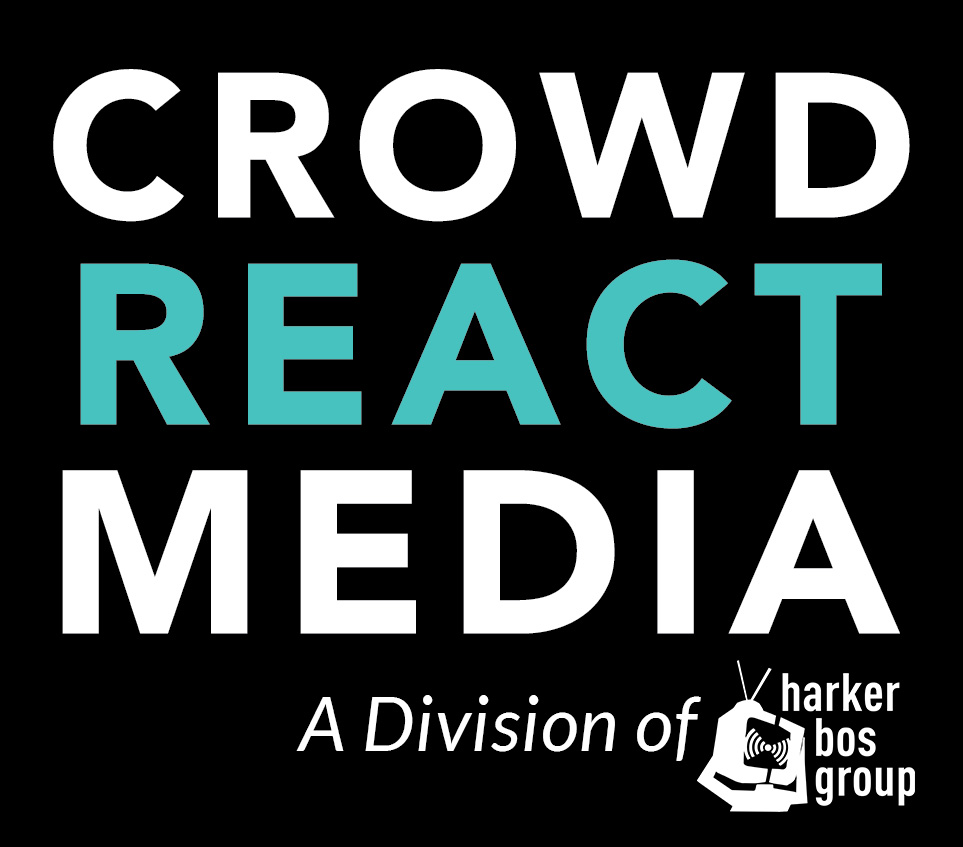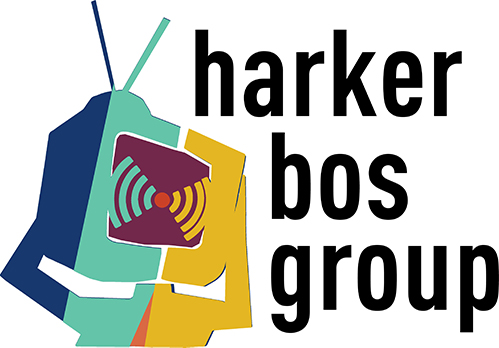Weekly Roundup – Week of October 24, 2022
Sports Media & Sports Betting News
Massachusetts Online Sports Betting Rollout In Question
"Nearly two-dozen companies have expressed interest in a temporary online sports betting license in Massachusetts, confirming suspicions that regulators will have their plates full as they review applications and roll out the industry by March.
Driving the news: Regulators gave prospective applicants until Oct. 17 to fill out a "scoping survey" to indicate their interest in the license.
Twenty-three companies have expressed interest in an online license, state officials said last week.
Regulators can issue up to seven of those licenses, per state law.
Of note: The state's three casinos and two simulcasting centers put their names in for in-person licenses, as did the Great Meadowbrook Farm.
Why it matters: Massachusetts is still months away from sports betting going live, but the larger the pool of applicants for the online (Category 3) license, the harder it will be for regulators to vet them and issue the winners temporary licenses by their self-imposed deadline.
The longer it takes, the more tax revenue Massachusetts leaves on the table."
Sports Industry Is Being Upended As More Broadcast Games Move To Streaming
"Sports fans are increasingly have to search for what options are available for viewing their favorite games, as streaming media giants like Apple and Amazon have been bidding against the major cable and broadcast network owners for sports rights. Amazon on 10/18 announced it added another NFL game to its package starting next year which will debut the day after Thanksgiving, the biggest shopping day of the year, Black Friday. It took over the Thursday night Football package this year.
Sinclair Broadcasting subsidiary Diamond Sports Group (DSG) recently launched an online streaming service for its regional sports networks (RSNs) called Bally Sports Plus (BSP). Before fans were able to enjoy a full season of games on the 19 networks that launched, rumors began to fly that DSG could be filing for Chapter 11 bankruptcy.
There are a number of scenarios if this happened, one of which is MLB could broadcast the games in local markets, charging cable and satellite operators a fee, eventually taking the rights away from DSG altogether.
As if the Bally Sports channels don’t have enough problems, news came out on October 17 that the Los Angeles Clippers (owned by MicrosoftMSFT +1.1% co-founder Steve Ballmer) has become the first professional sports team to develop their own direct-to-consumer (DTC) platform.
DSG already knew this although it had not been previously disclosed. The Clippers recently renewed their contract with Bally Sports SoCal so that contract would have had to have been revised from the previous version to give the Clippers the rights to launch their own streaming platform."
NBA Tackles Thorny Problem Of Streaming Video Latency
"The shift of key sports properties to streaming platforms from TV may live or die on the issue of latency. It’s fitting that the NBA, the most technology-forward league, is trying to untie the Gordian Knot of video latency via its new global app.
Latency is the delay between the action being captured on the court, transmitted to the production truck, and ultimately delivered on-screen to viewers.
Traditional broadcast and cable TV networks have a “low” video latency of only a few seconds. But latency for streaming services can be as “high” as 45 seconds. Longer if the live stream freezes or buffers.
That lag between the broadcast and streaming feeds poses major problems for sports leagues, streaming services, and viewers — particularly “spoilers” that can ruin the game experience, when those streaming the game at home may learn the news via social media before they see it on their screens.
That’s not all. Gamblers can try to exploit the delay between real-time action and livestreams. And leagues like the NBA and Major League Baseball can never roll out innovations like in-game wagering until they bring latency down to near-broadcast TV levels.
That’s where the NBA’s new global app comes in."
News & Political Media News
Midterm Voting Intentions Are Divided, Economic Gloom Persists - Inflation Continues To Dominate Americans' Economic Concerns
"With less than three weeks to go until the midterm elections, registered voters’ preferences are nearly evenly divided: 41% say they favor the Democratic candidates in their districts, while a nearly identical percentage (40%) support Republican candidates; 18% are not sure how they will vote or favor candidates other than Republicans or Democrats. And those supporting GOP candidates are somewhat more engaged this election than their Democratic counterparts: They are more likely to have thought “a lot” about the election and to say the outcome “really matters.”
As has been the case all year, the economy is clearly the top issue for voters; fully 79% say it will be very important to their voting decisions – the highest share among 18 issues included on the survey. The public continues to take a dim view of current economic conditions. Just 17% of U.S. adults say the economy is in excellent or good shape, little changed from the 13% who said this in July.
Voters’ preferences vary widely depending upon the issues they prioritize. Among the wide majority rating the economy as very important, more support Republican candidates than Democratic candidates by double digits (47% to 34%). The GOP’s advantages among the narrower majorities of voters who view violent crime and immigration as very important are even wider (17 points and 29 points, respectively).
By contrast, registered voters who say abortion is very important favor Democrats over Republicans by nearly two-to-one (55% to 29%) and Democrats hold a wide lead among voters who prioritize health care (51% to 27%).
A sizable majority of voters (70%) say the “future of democracy in the country” is very important. Democrats hold a narrow lead among these voters: 46% support Democratic candidates, while 40% back Republican candidates."
Salem Radio Network/Salem News Channel Present 'Decision 22' Election Night Coverage
"Salem Radio Network (SRN) is gearing up for its coverage of the 2022 midterm elections, launching “Decision 22” in partnership with Salem News Channel (SNC), the Christian/conservative broadcast group’s 24/7 OTT television network. “Decision 22” will air on Nov. 8 from 7pm until 2am on Nov. 9.
The “Decision 22” marathon coverage will focus on the battle over which political party will control the U.S. Senate and U.S. House of Representatives for the next two years. The special coverage will also track election results in hotly contested races for governor from coast to coast. Coverage will include major acceptance and concession speeches in the U.S. Senate and U.S. House elections as well as key local/regional races around the nation.
“This promises to be quite very possibly the most historic Midterm election and it will offer our audiences the first ever live broadcast partnership between our ground-breaking Salem News Channel and the Salem Radio Network nationwide,” VP of News & Talk Programming Tom Tradup said in a release.
SNC’s Andrew Wilcow and SRN’s nationally syndicated talk hosts Hugh Hewitt and Dr. Sebastian Gorka will anchor live coverage for the first five hours of “Decision 22” programming. Salem says the coverage will include breaking news updates including the latest election returns, plus speeches from winners and losers in key races throughout the nation, and perspective and analysis from SRN hosts Mike Gallagher and Brandon Tatum and other guests, live from Midterm “watch parties.” Correspondents updating key races will include Chris Stigall of “AM 990 The Answer” WNTP Philadelphia covering the pivotal Pennsylvania U.S. Senate contest."
Americans' Trust In Media Remains Near Record Low
"At 34%, Americans' trust in the mass media to report the news "fully, accurately and fairly" is essentially unchanged from last year and just two points higher than the lowest that Gallup has recorded, in 2016 during the presidential campaign.
Just 7% of Americans have "a great deal" of trust and confidence in the media, and 27% have "a fair amount." Meanwhile, 28% of U.S. adults say they do not have very much confidence and 38% have none at all in newspapers, TV and radio. Notably, this is the first time that the percentage of Americans with no trust at all in the media is higher than the percentage with a great deal or a fair amount combined.
...
Americans' trust in the media remains sharply polarized along partisan lines, with 70% of Democrats, 14% of Republicans and 27% of independents saying they have a great deal or fair amount of confidence.
There has been a consistent double-digit gap in trust between Democrats and Republicans since 2001, and that gap has ranged from 54 to 63 percentage points since 2017.
There are several notable findings in the degrees of trust registered by partisans:
For the third straight year, the majority of Republicans indicate that they have no trust at all in the media. This figure jumped 10 percentage points in 2020 and has been at or near 60% since then. This year, 57% say they do not have any confidence, while 29% say they do not have very much.
At 27%, independents' confidence is at the lowest point in the trend. This is also the first time that it has fallen below 30%. Meanwhile, 41% of independents say they have no trust at all and 32% do not have very much.
While the great deal/fair amount of confidence reading among Democrats has never fallen below the majority level, the proportion with a great deal of trust has not topped 26%, and it is currently well below that at 18%."
NBCUniversal Boosts Measurement Team In Push Towards Alternative Currencies
"NBCUniversal believes the future of measurement lies in alternative currencies, and it’s making investments to prove it.
The company hired Maggie Zhang as svp, measurement strategy and operations, coming over from Amazon Ads. Zhang’s addition to NBCUniversal is part of the company’s plan to move into the next phase of its Measurement Certification framework.
“Coming from the buy-side, a lot of advertisers and marketers are eager to have this holistic view across all the platforms they’re buying, especially the biggest ones between linear and CTV,” Zhang told Adweek. “How to understand reach and frequency, especially to better manage frequency on both linear and digital sides, that’s exactly what we want to achieve through better measurement. Unifying these platforms and measure and deliver results faster, that’s really our North Star, and that’s exactly where our priorities lie.”
In June, NBCUniversal and iSpot.tv completed a test of alternative measurement, which the companies said was the largest in the industry. They also included certified audience measurement and audience verification earlier this year.
NBCUniversal is measuring the quality of impressions across seven categories: viewability, invalid traffic, completion rate, audible rate, attention index and, most recently, emotional resonance scores. Currently, the company is getting ready to open up the certification process for the first two categories with nine certified partners."


